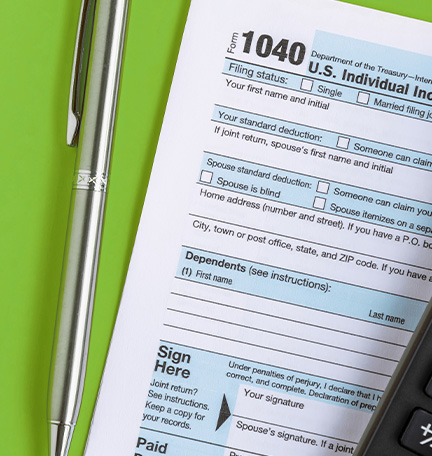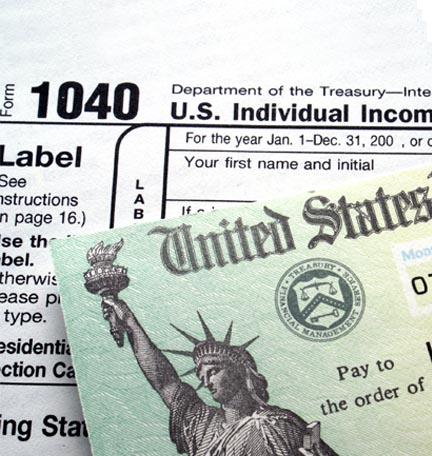Becoming a landlord can be a great way to generate additional income, but it often requires more than sitting back and cashing rent checks. Here are some key responsibilities that come with renting out property.
Legal Obligations for Renting to Tenants
As a landlord, your central duty is to keep the premises safe and suitable for living. Conditions don’t need to be immaculate or elegant, but the property must comply with basic standards for living, including heating, plumbing, gas, clean water and electricity, as well as a secure roof. Unless otherwise agreed, the landlord is often responsible for ensuring tenant safety. This includes providing adequate exterior lighting and secure access, deadbolt locks on all exterior doors, responding to security requests, and reporting suspicious activity to authorities.
On top of state laws, landlords need to adhere to local ordinances and safety codes. There are requirements for smoke and carbon monoxide detectors, fire extinguishers, window guards, stairwell banisters, and the removal of lead paint and mold. Landlords need to install smoke detectors and at least one fire extinguisher in each rental property. Check with local authorities to determine what is required in your location.
You also may be required to take landlord classes and perform frequent maintenance, such as clearing gutters, removing trash, recycling, and making repairs.
Although laws related to tenancy vary across cities and states, there are general principles for the relationship between landlords and tenants. For instance, a residential lease is the basic agreement that gives the landlord the right to rent payments in return for the tenant’s use of the space. The rental term and amount, among other material terms, should be specified in the agreement.
Rental agreements should also address:
- Number of occupants allowed
- When and how much rent is due
- Penalty provisions for late payments, damage to property, and breaching the agreement
- Types of pets allowed, if any
- Guidelines for outdoor grills and outdoor play equipment
In addition to ensuring that important rental terms are addressed in a written residential lease agreement, a legal advisor can help you identify the federal, state, and local laws that apply to your particular situation - all of which should be addressed in your lease documents.
Appropriate Insurance for Landlords
There are three primary types of landlord insurance:
- Personal liability coverage, which typically covers some of the expenses associated with personal injury and other lawsuits related to accidents on the rental premises
- Dwelling coverage, which covers damage to the structure
- Loss of Income coverage, which may help compensate for rent lost if the property becomes uninhabitable
Most homeowners insurance policies do not cover rental property. However, if you live in a different unit within the same building as the tenants, you may be able to add an endorsement to your homeowners policy without obtaining separate coverage.
To further protect yourself from liability, you might also consider a personal umbrella insurance policy. Particularly if you’re operating as a sole proprietorship, you may be open to unlimited liability, which could put your own financial assets in jeopardy. On the other hand, if you choose to incorporate your rental property, it might be necessary to buy a commercial package policy that insures dwelling property, rents, and liability. Keeping track of these main considerations can help ensure that the decision to become a landlord goes smoothly and successfully.
Because landlord insurance typically doesn’t protect the tenants’ property nor their liability, tenants may be encouraged or even required to get their own renter’s policy.
The Tax Impact of Being a Landlord
Becoming a landlord will change your tax filings. As a landlord, you’ll most likely operate on a cash basis, meaning you’ll report the rent you receive as income and deduct rental expenses when paid, using Form 1040, Schedule E. Security deposits are generally not taxable if they are returned to the tenant at the end of the lease, but if you keep all or part of a security deposit, it is likely taxable income.
As a landlord, you may be able to deduct rental property expenses that are necessary for managing the property or keeping it in good condition,such as:
- Interest Paid
- Property Taxes
- Advertising
- Maintenance and Repairs
- Utilities
- Insurance
- Supplies
Be careful to distinguish between improvements, which are generally not deductible unless the usage of the property is changing, and repair costs, which can be deducted. You may want to check with a tax specialist to make sure your changes fit the tax codes.
Your tax filings will depend on how you decide to structure your landlord business. Along with a sole proprietorship, you may consider incorporating, operating as an LLC, or as an S corporation. These three structures may provide more tax breaks.
A tax professional can help you identify specific tax implications created by your particular circumstances. Learn more about managing tax questions at the Regions Tax Center.










